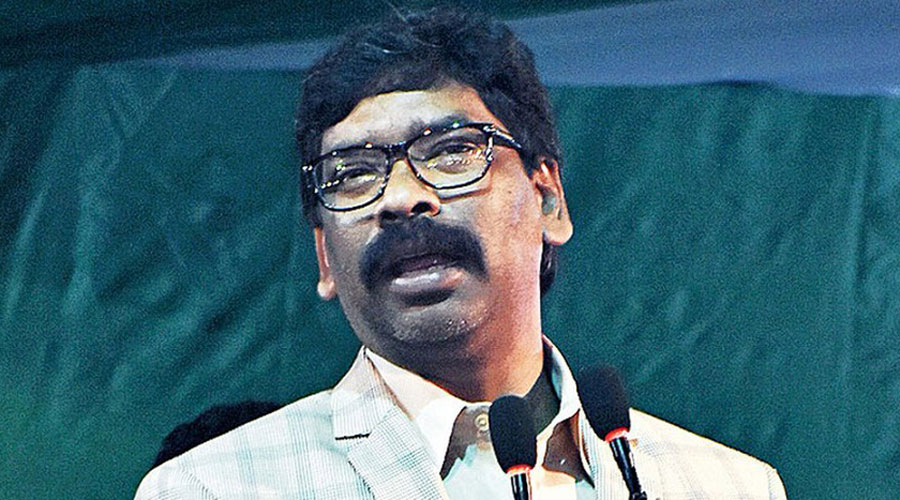Transparency is not one of the better-known virtues of political parties. The Jharkhand Mukti Morcha, however, unsettled this notion recently by disclosing the source of the donation to its party through electoral bonds in its 2019-20 contribution report to the Election Commission. Although the Bharatiya Janata Party introduced electoral bonds for the purpose of contributions to political parties in the name of transparency in 2017, the system protects the identity of the donors and receivers. That electoral bonds were brought in through the Finance Act, 2017 was in itself controversial; besides, the earlier limit on a single company’s donation to a political party was also removed. The government’s argument — overriding the Opposition’s objections — was that electoral bonds would ensure that payment was made through banks and would thus eliminate the evil of unaccounted for money. But activists point out that the anonymity prevents voters from knowing who is contributing to which party and how much, thus violating their right to know. Although the Supreme Court dismissed a plea by the Association for Democratic Reforms seeking to stop the sale of electoral bonds before the ongoing assembly elections, it reportedly asked earlier whether there were controls on the end use of the money. It can be misused — to foment violence for example.
The Bharatiya Janata Party has been the greatest beneficiary of contributions through electoral bonds, but that is neither here nor there. The central issue is the problematic use to which the opacity of electoral bonds can be put. The JMM has broken through this by declaring the source of the contribution it has received; it is a simple enough matter if political parties wish to do it. To follow the BJP-led government’s initial argument further: since this money is accounted for, its source and amount are the easiest to declare. Why be opaque while paying lip-service to transparency? A comment by the secretary of the JMM is pertinent in this context. According to him, parties such as the BJP may not be disclosing details of donors, but the JMM has nothing to hide. Perhaps other parties would feel compelled to demonstrate to voters that they have nothing to hide either.












